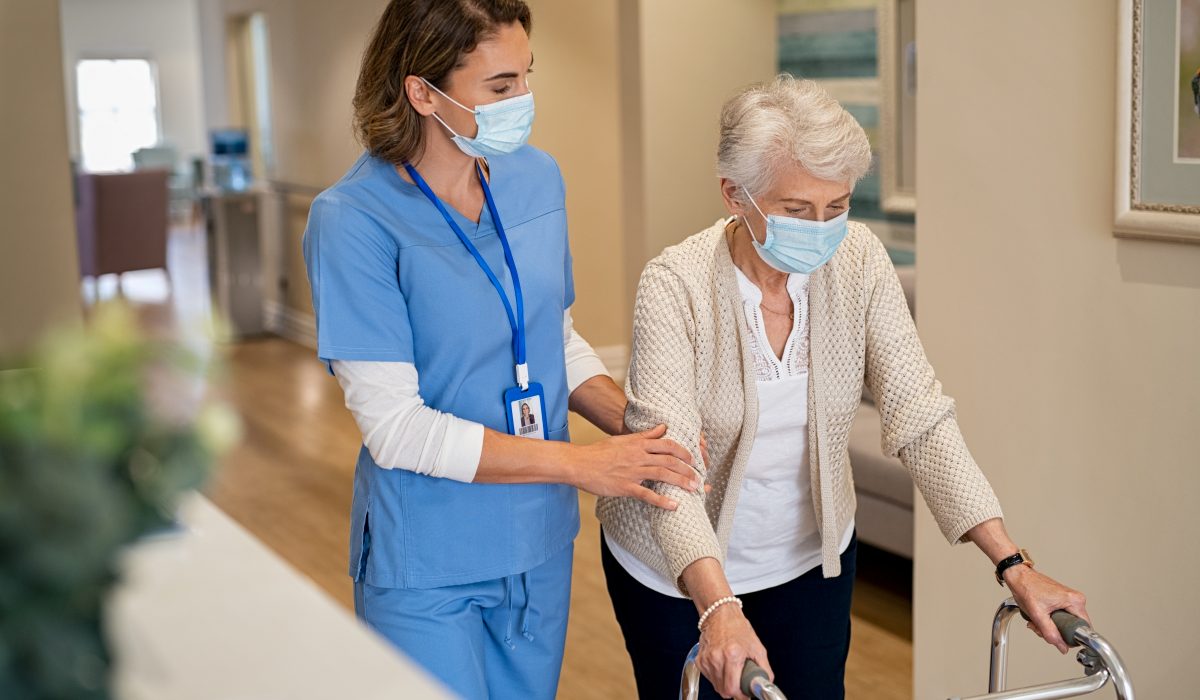CMS has implemented a combination of emergency waivers and regulations to provide the necessary flexibilities for nursing home providers to respond to the COVID-19 public health emergency (PHE). Resident and provider vaccination rates continue to increase; this better positions nursing homes to manage potential COVID-19 occurrences. While the ongoing risk of exposure and transmission in these populations persists, CMS recognizes some flexibilities are no longer necessary. In response to these improvements, in guidance dated April 7, 2022, CMS announced the termination of a series of emergency waivers over the next 30 to 60 days.
CMS will terminate specific emergency waivers in two groups: 30 days from new guidance notice and 60 days from notice. Advis summarizes the key waivers set for suspension below:
- Waivers to expire for Skilled Nursing/Nursing Facilities 30 days from announcement:
- CMS waiver permitting providers to restrict resident access to in-person resident groups throughout the PHE;
- CMS waiver allowing physicians to delegate any task or required visit to a physician assistant, nurse practitioner, or clinical nurse specialist, as appropriate;
- CMS waiver authorizing physicians and other practitioners to conduct patient visits via telehealth, as necessary;
- CMS waiver of facility requirements to maintain a comprehensive Quality Assurance and Provider Improvement (QAPI) program, giving providers the flexibility to focus on pandemic response efforts;
- CMS waiver of the specific discharge planning requirement of long-term care facilities to assist residents and representatives in post-acute provider selection; and
- CMS waiver of obligation for long-term care facilities to provide copies of records to residents with two business days.
- Waivers to expire for Various Provider Types 60 days from announcement:
- CMS waiver allowing non-SNF buildings and rooms to be temporarily utilized and converted for patient care amid COVID-19 surges;
- CMS waiver allowing use of rooms without an outside door or window to meet patient care needs of the facility;
- CMS waiver for permitting documented orientation of the facility’s fire plan in the place of quarterly fire drills to eliminate staff gathering;
- CMS waiver for temporary construction of walls and barriers between patients;
- CMS waiver removing Inspection, Testing, and Maintenance requirements for facility and medical equipment in efforts to streamline care and limit COVID-19 exposure and transmission; and
- CMS waiver modifying training requirements for SNF and NF nursing aides and feeding assistants, including limitations to employment duration for individuals unless they achieved specific training and certification standards.
Phasing out certain temporary waivers will reestablish minimum compliance standards in an effort to protect the health and safety of patients in nursing homes, skilled nursing facilities, inpatient hospices, ERSD facilities, and intermediate care facilities for individuals with intellectual disabilities.
For assistance navigating waiver termination and preparing your organization for next steps, contact an Advis expert online or at 708.470.7030.
Published: April 11, 2022





